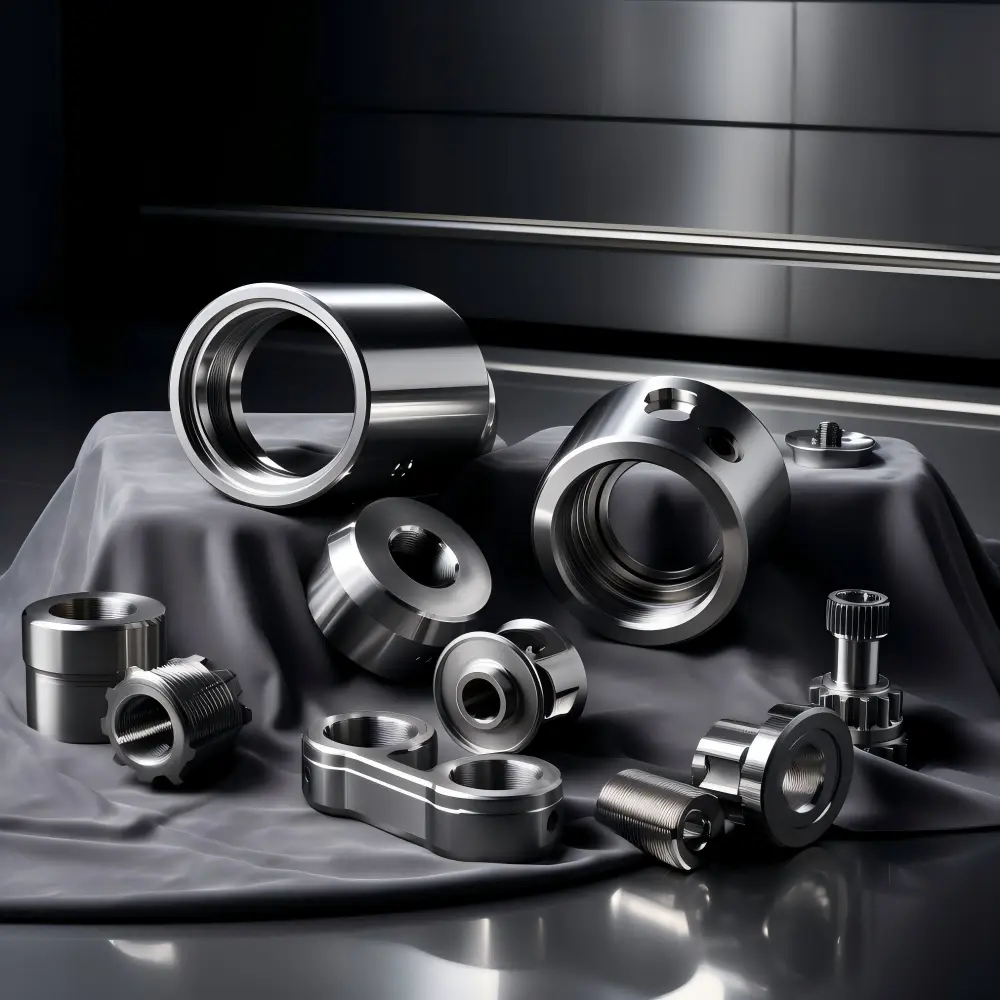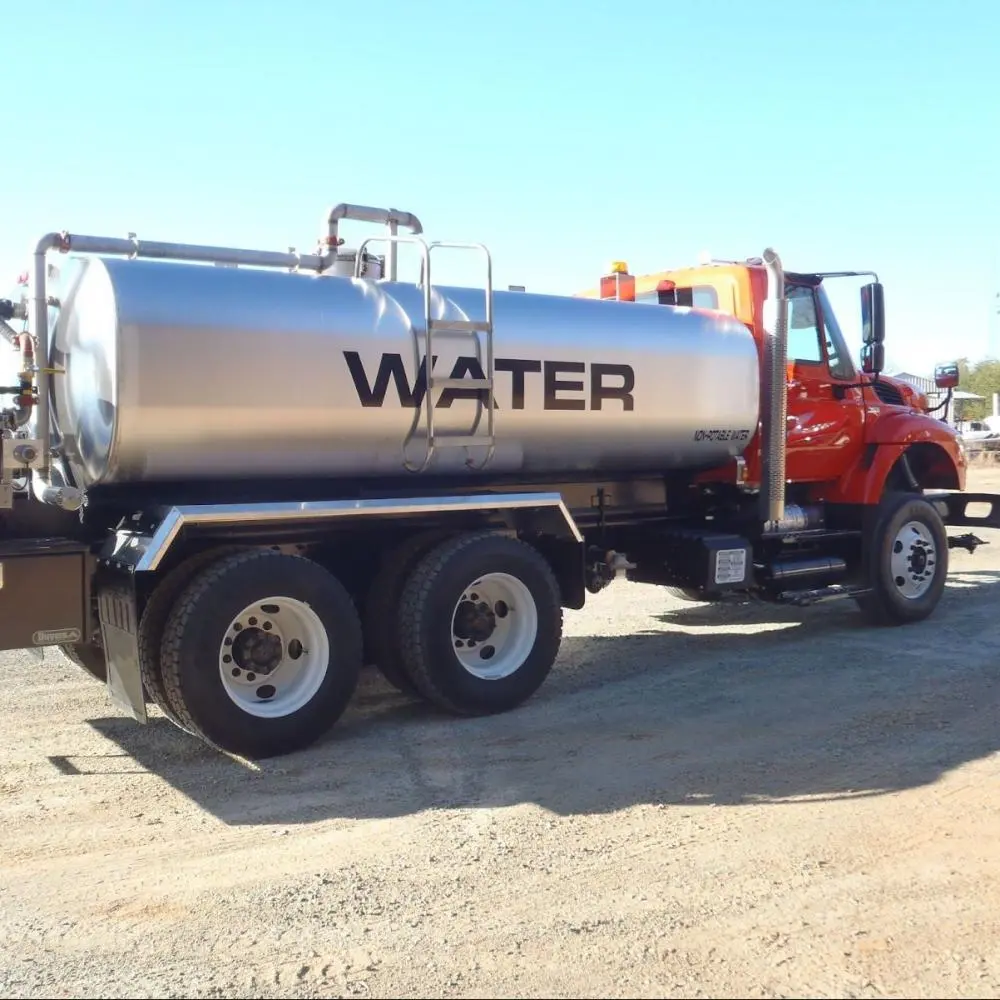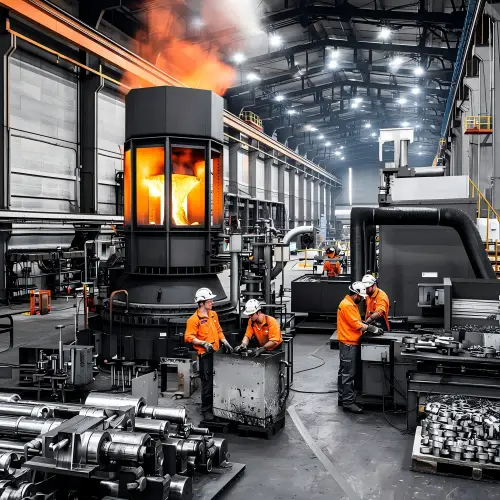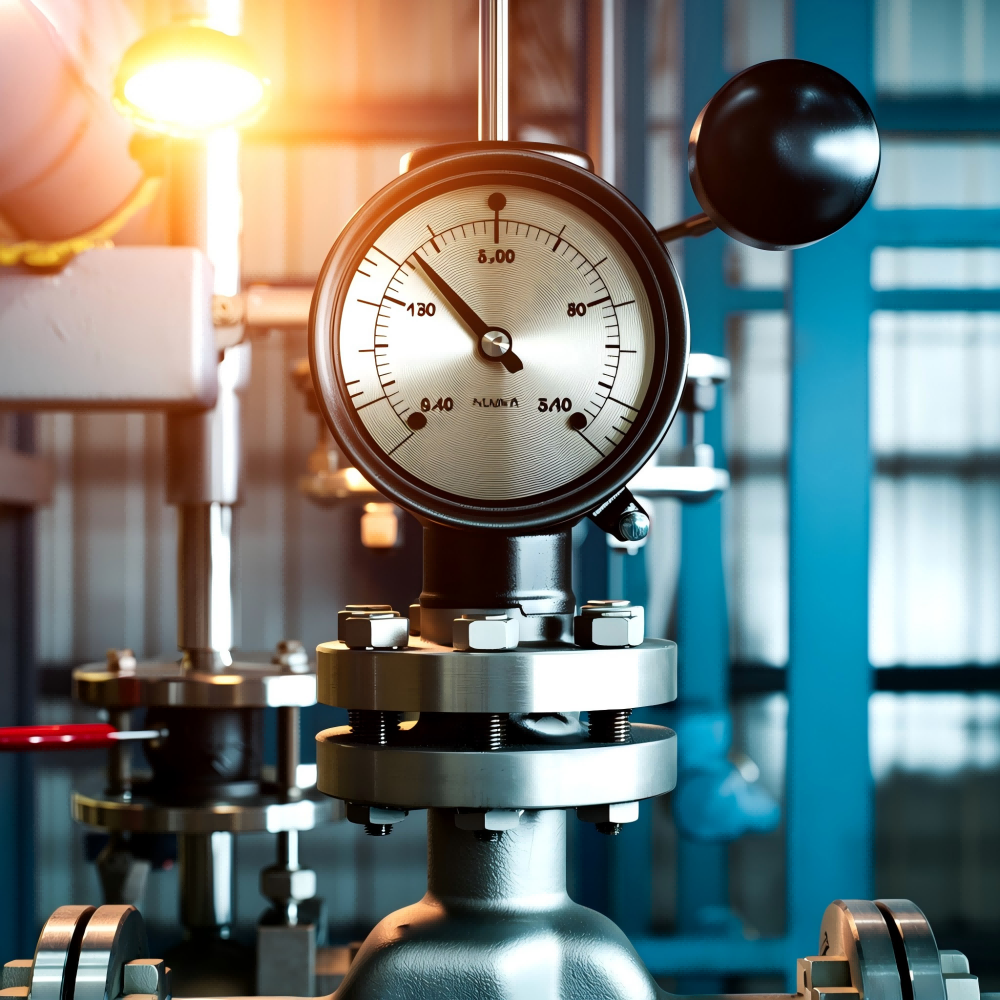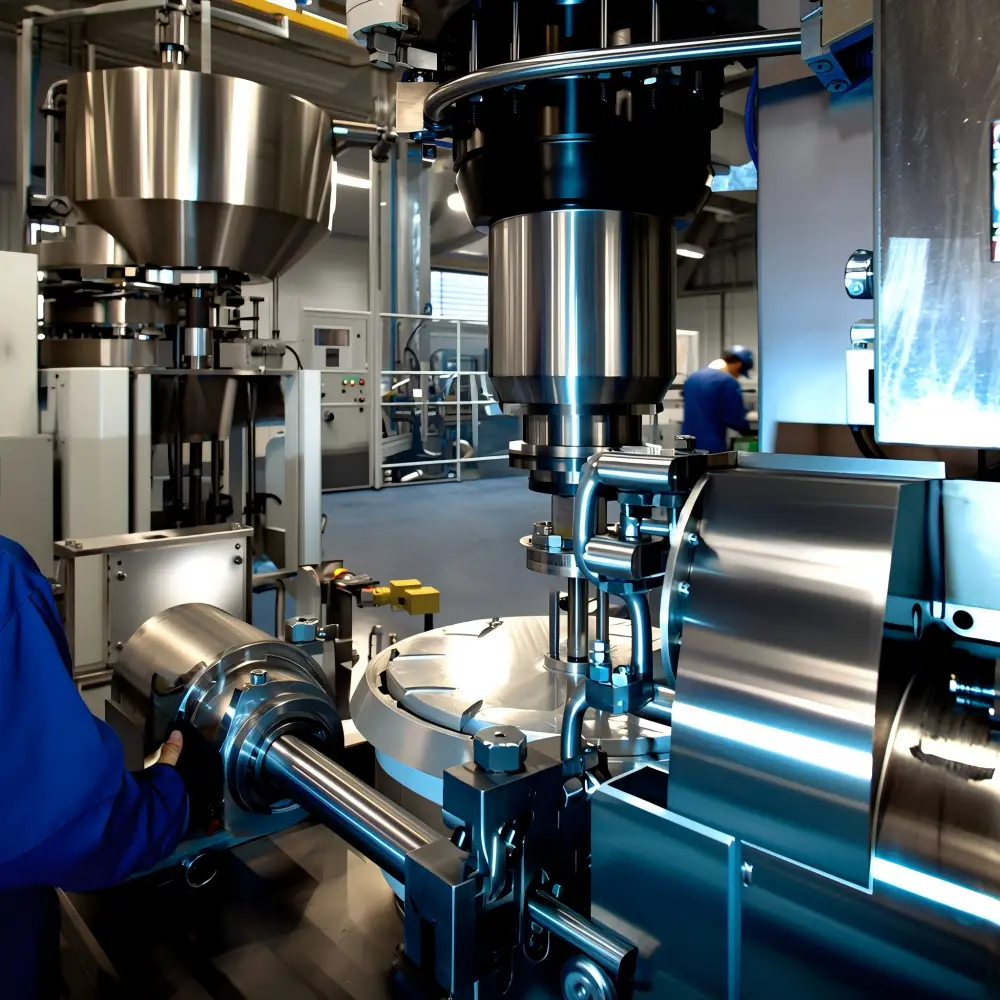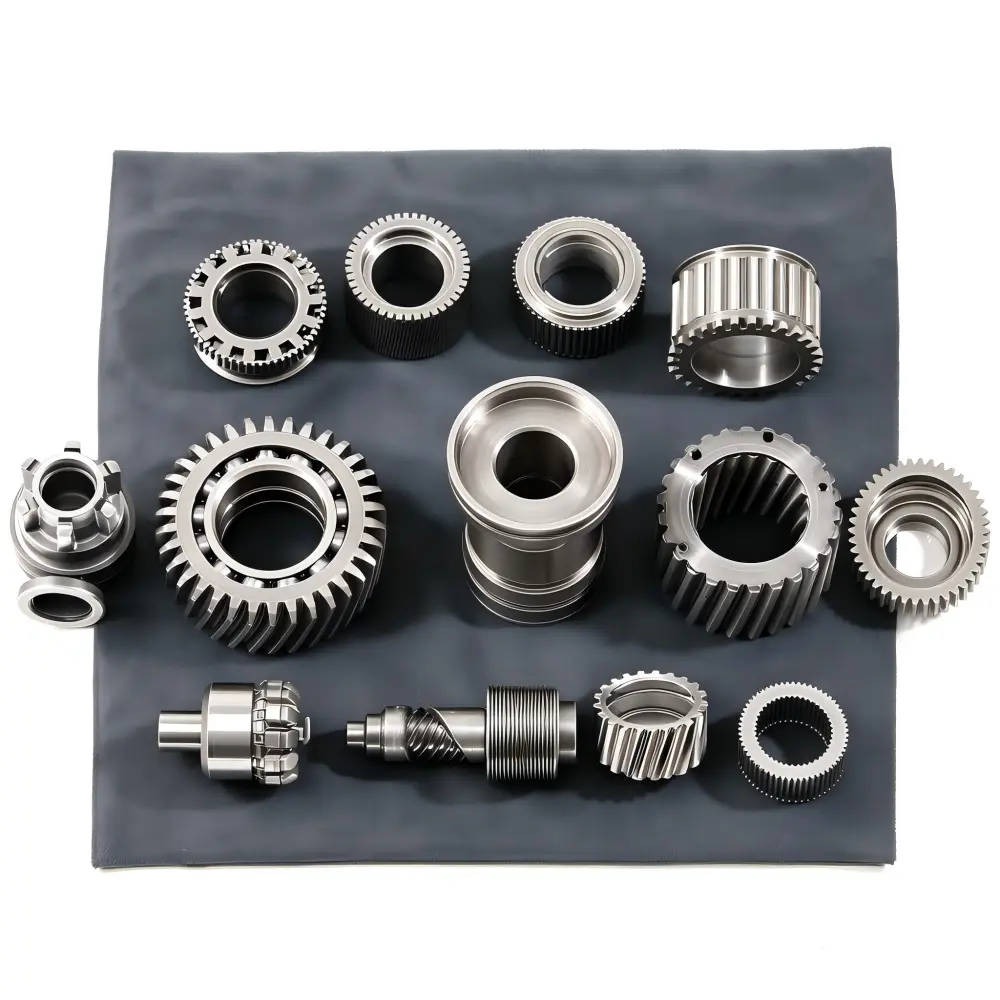What Are the Applications of Precision Casting?
Precision castingplays a crucial role in manufacturing intricate and high-quality metal components for various industries. This process ensures the production of parts with exceptional accuracy and detail. Industries such as medical, aerospace, automotive, energy, military, and food and beverage rely heavily on Precision Casting. The global market for precision casting was valued at approximately20,490 million by 2030, growing at a compound annual growth rate (CAGR) of 4.0%. This growth underscores the increasing demand for precision casting in modern manufacturing.
Precision Casting in the Medical Industry
Precision casting plays a pivotal role in the medical industry, offering unparalleled accuracy and detail in the production of medical components. This technique is essential for creating surgical instruments and orthopedic implants, ensuring they meet the stringent standards required in healthcare.
Surgical Instruments
Precision casting is instrumental in manufacturing surgical instruments with high dimensional accuracy and smooth surfaces. These instruments must adhere to strict specifications to ensure safety and effectiveness during medical procedures.
Scalpel Blades
Scalpel blades, crafted through precision casting, exhibit exceptional sharpness and durability. This process allows for the creation of blades with precise edges, crucial for performing delicate surgeries. The ability to produce complex shapes ensures that each blade meets the exacting standards of the medical field.
Forceps
Forceps, another vital surgical tool, benefit from precision casting's ability to produce intricate designs. This method ensures that forceps have the necessary grip and strength, enabling surgeons to handle tissues and other materials with precision. The smooth surface finish achieved through this process minimizes the risk of contamination, maintaining high hygiene standards.
Orthopedic Implants
Orthopedic implants require high precision and biocompatibility, making precision casting an ideal choice for their production. This method allows for the creation of implants with complex geometries and exact measurements, essential for successful integration into the human body.
Hip Replacements
Hip replacements, often produced using precision casting, demand exact dimensions and smooth finishes to ensure proper fit and function. This process enables the manufacture of implants that mimic the natural movement of the hip joint, providing patients with improved mobility and comfort.
Knee Implants
Knee implants also rely on precision casting to achieve the necessary precision and durability. The intricate design features required for knee implants are easily achieved through this method, ensuring that each implant can withstand the stresses of daily activities while maintaining its structural integrity.
Precision casting's versatility and reliability make it indispensable in the medical industry. By producing components with high precision and intricate details, this method supports the development of advanced medical devices and implants, ultimately enhancing patient care and outcomes.
Precision Casting in the Aerospace Industry
Precision casting plays a crucial role in the aerospace industry, where components must meet stringent quality standards and withstand extreme conditions. This process ensures the production of high-performance parts essential for aerospace engines and aircraft structures.
Engine Components
Aerospace engines demand components with exceptional precision and durability. Precision casting meets these requirements by producing parts that can endure the high temperatures and pressures experienced during flight.
Turbine Blades
Turbine blades, crafted through precision casting, exhibit remarkable strength and heat resistance. These blades operate in the engine's hottest sections, requiring materials that maintain integrity under extreme conditions. Precision casting allows for the creation of complex blade geometries, enhancing engine efficiency and performance.
Combustion Chambers
Combustion chambers also benefit from precision casting's ability to produce intricate designs. These chambers must withstand intense heat and pressure while ensuring efficient fuel combustion. Precision casting enables the manufacture of chambers with precise dimensions, optimizing engine performance and reducing emissions.
Structural Parts
Aircraft structures rely on precision casting to achieve the necessary strength and weight balance. This process produces components that contribute to the overall safety and efficiency of the aircraft.
Landing Gear Components
Landing gear components require high strength and reliability. Precision casting provides the necessary precision to produce parts that can endure the stresses of takeoff and landing. The process ensures that each component meets the exacting standards of the aerospace industry, enhancing the safety and performance of the landing gear system.
Airframe Parts
Airframe parts, such as brackets and fittings, benefit from precision casting's ability to create lightweight yet strong components. This method allows for the production of parts with complex shapes, reducing the overall weight of the aircraft and improving fuel efficiency. Precision casting ensures that each airframe part contributes to the structural integrity and aerodynamic performance of the aircraft.
Precision casting's versatility and precision make it indispensable in the aerospace industry. By producing components with high accuracy and intricate details, this method supports the development of advanced aerospace technologies, ultimately enhancing the safety and performance of aircraft.
Precision Casting in the Automotive Industry
Precision casting plays a vital role in the automotive industry, where precision and durability are paramount. This process enables the production of complex engine and transmission components that meet stringent performance standards.
Engine Parts
Automotive engines require parts with high precision and reliability. Precision casting excels in producing these components, ensuring they meet the necessary specifications for optimal engine performance.
Cylinder Heads
Cylinder heads, crafted through precision casting, offer exceptional dimensional accuracy and surface finish. These components must withstand high temperatures and pressures within the engine. Precision casting allows for the creation of intricate cooling channels and precise valve placements, enhancing engine efficiency and longevity.
Turbocharger Housings
Turbocharger housings benefit from precision casting's ability to produce complex geometries. These housings must endure extreme heat and pressure while maintaining structural integrity. Precision casting ensures that each housing meets the exacting standards required for efficient turbocharger operation, contributing to improved engine performance and fuel efficiency.
Transmission Components
Transmission systems rely on precision casting to produce components that ensure smooth and reliable operation. This process provides the necessary precision to manufacture parts that withstand the stresses of power transmission.
Gearboxes
Gearboxes, essential for transmitting power from the engine to the wheels, require components with high precision and strength. Precision casting produces gears and housings with the exact dimensions needed for seamless operation. This method ensures that each gearbox component contributes to the overall efficiency and durability of the transmission system.
Clutch Housings
Clutch housings, another critical transmission component, benefit from precision casting's ability to create robust and precise parts. These housings must endure the forces generated during gear shifts. Precision casting allows for the production of clutch housings with the necessary strength and precision, ensuring reliable performance and longevity.
Precision casting's versatility and precision make it indispensable in the automotive industry. By producing components with high accuracy and intricate details, this method supports the development of advanced automotive technologies, ultimately enhancing vehicle performance and reliability.
Precision Casting in the Energy Sector
Precision casting plays a pivotal role in the energy sector, where components must endure extreme conditions and maintain high performance. This process ensures the production of parts with exceptional precision and durability, essential for power generation and oil and gas industries.
Power Generation
In power generation, precision casting contributes significantly to the efficiency and reliability of energy systems. It allows for the creation of components that withstand high temperatures and pressures, ensuring optimal performance.
Wind Turbine Components
Wind turbines rely on precision casting to produce components that are both lightweight and robust. The intricate designs required for turbine blades and other parts are achieved through this method, enhancing the turbine's efficiency and longevity. Precision casting enables manufacturers to create complex shapes that optimize aerodynamic performance, contributing to increased energy output.
Gas Turbine Parts
Gas turbines demand components with high precision and heat resistance. Precision casting meets these requirements by producing parts that can withstand the intense conditions within the turbine. This process allows for the creation of intricate cooling channels and precise geometries, improving the turbine's efficiency and reducing emissions. The ability to produce complex shapes ensures that each component contributes to the overall performance of the gas turbine.
Oil and Gas
The oil and gas industry benefits from precision casting's ability to produce components that meet stringent safety and performance standards. This process ensures the reliability and durability of parts used in exploration and extraction activities.
Valve Bodies
Valve bodies, essential for controlling the flow of fluids, require high precision and strength. Precision casting produces valve bodies with the exact dimensions needed for reliable operation. This method ensures that each valve body can withstand the pressures and temperatures encountered in oil and gas applications, enhancing the safety and efficiency of the system.
Pump Components
Pumps used in the oil and gas industry rely on precision casting to produce components that ensure smooth and efficient operation. This process provides the necessary precision to manufacture parts that can endure the harsh conditions of oil and gas extraction. Precision casting allows for the creation of pump components with intricate designs, optimizing their performance and longevity.
Precision casting's versatility and precision make it indispensable in the energy sector. By producing components with high accuracy and intricate details, this method supports the development of advanced energy technologies, ultimately enhancing the efficiency and reliability of power generation and oil and gas systems.
Precision casting offers significant advantages across various industries. It enables the creation of intricate metal parts with precise tolerances and excellent surface finishing. This process enhances product quality and performance, making it indispensable in sectors that demand top-notch components. Its adaptability to diverse industry needs underscores its role in advancing technology and innovation. Precision casting's cost-effectiveness and versatility highlight its importance in modern manufacturing, contributing to the production of components with improved structural integrity and less waste.
Ningbo Pingheng Machinery Co., Ltd (www.phcasting.com) is a melt Mold Casting enterprise with many years of production experience, through the IATF16949 certification, so the quality is reliable!
See Also
Exploring The Advantages Of Precision Casting Techniques
A Deep Dive Into Precision Casting And Its Advantages
Future Trends In Advanced Precision Casting Technologies






